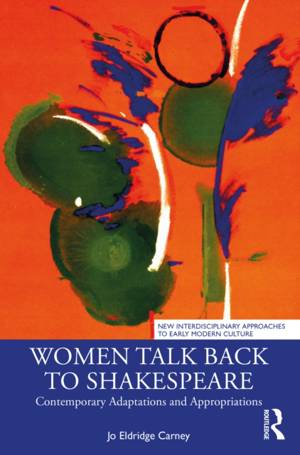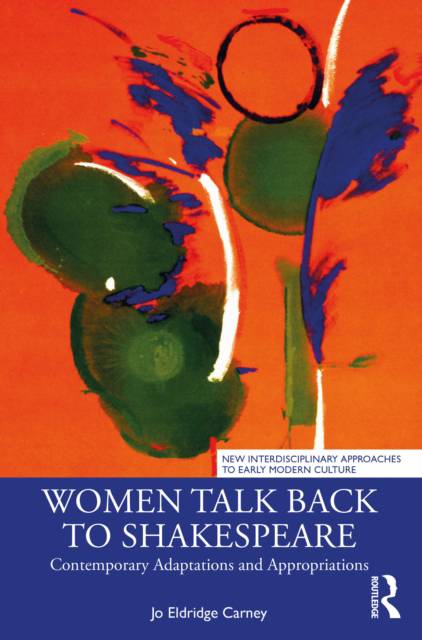
- Retrait gratuit dans votre magasin Club
- 7.000.000 titres dans notre catalogue
- Payer en toute sécurité
- Toujours un magasin près de chez vous
- Retrait gratuit dans votre magasin Club
- 7.000.0000 titres dans notre catalogue
- Payer en toute sécurité
- Toujours un magasin près de chez vous
Description
This study explores more recent adaptations published in the last decade whereby women--either authors or their characters--talk back to Shakespeare in a variety of new ways.
"Talking back to Shakespeare", a term common in intertextual discourse, is not a new phenomenon, particularly in literature. For centuries, women writers--novelists, playwrights, and poets--have responded to Shakespeare with inventive and often transgressive retellings of his work. Thus far, feminist scholarship has examined creative responses to Shakespeare by women writers through the late twentieth century. This book brings together the "then" of Shakespeare with the "now" of contemporary literature by examining how many of his plays have cultural currency in the present day. Adoption and surrogate childrearing; gender fluidity; global pandemics; imprisonment and criminal justice; the intersection of misogyny and racism--these are all pressing social and political concerns, but they are also issues that are central to Shakespeare's plays and the early modern period.
By approaching material with a fresh interdisciplinary perspective, Women Talk Back to Shakespeare is an excellent tool for both scholars and students concerned with adaptation, women and gender, and intertextuality of Shakespeare's plays.
Spécifications
Parties prenantes
- Auteur(s) :
- Editeur:
Contenu
- Nombre de pages :
- 190
- Langue:
- Anglais
- Collection :
Caractéristiques
- EAN:
- 9780367763527
- Date de parution :
- 28-10-21
- Format:
- Livre broché
- Format numérique:
- Trade paperback (VS)
- Dimensions :
- 156 mm x 234 mm
- Poids :
- 290 g

Les avis
Nous publions uniquement les avis qui respectent les conditions requises. Consultez nos conditions pour les avis.






